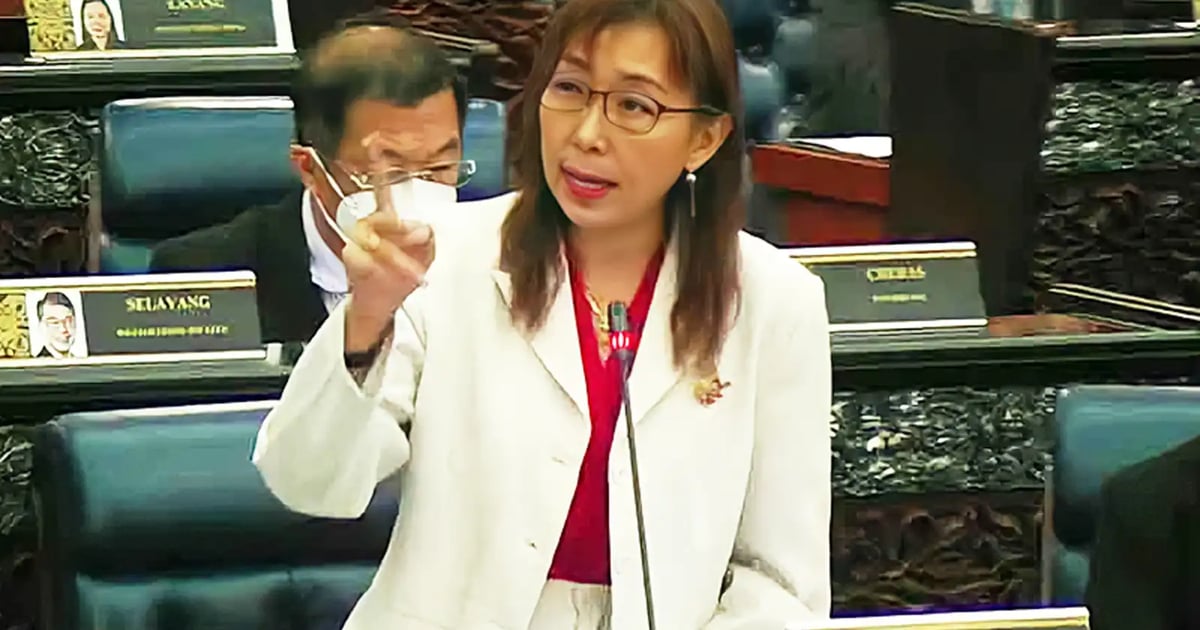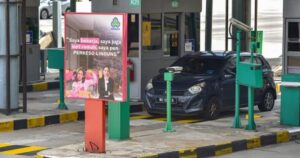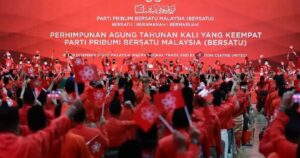
DAP’s Teresa Kok has criticised the government for “secretly” gazetting new planning regulations for Kuala Lumpur, which sidelined public consultation and handed excessive power to the city mayor.
Kok said civil society organisations only recently became aware of the Federal Territory of Kuala Lumpur Planning Rules 2025, which were gazetted on June 13 and took effect three days later.
“I want to ask the government why these new planning rules were gazetted without any public consultation or engagement with stakeholders, especially in the spirit of participatory governance?”
She spoke on the issue while debating the 13th Malaysia Plan (13MP) in the Dewan Rakyat this evening.
Kok said Rule 3 of the new guidelines only required the mayor to consult others if it is deemed necessary, leaving no guarantee of public input.
She said the rules, which replace decades-old planning laws, weakened transparency and limited public objections to development projects.
She urged the government to review the rules and explain how they were formulated.
On education, Kok said the 13MP’s focus on TVET was not enough to fix parents’ declining confidence in public schools.
“For urban communities, more and more parents are choosing to send their children to private primary and secondary schools, or even resort to homeschooling.
“This is due to a growing lack of confidence in the national education system,” she said, adding that a nationwide survey must be carried out to understand this trend.
Kok, who once served as primary industries minister, also spoke on the RM1.4 billion allocation over five years for replanting of oil palm.
She said this was insufficient, covering only 0.5% of the country’s plantations annually.
At RM20,000 per hectare, the allocation allows just 14,000 hectares to be replanted annually, or 28,000ha with a 50% subsidy.
“This allocation fails to meet the minimum 4% annual replanting target,” she said.
As such, Kok urged the government to tap windfall tax revenue from the oil palm industry to help smallholders, who work on a quarter of Malaysia’s planted area.






